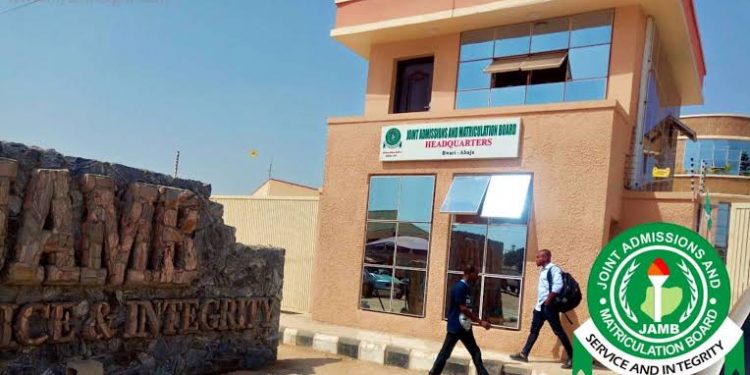The Joint Admissions and Matriculation Board (JAMB) has issued a firm warning to Nigerian tertiary institutions that have failed to submit their matriculation lists for the 2022 and 2023 admission sessions, stating that such institutions will not have their admissions approved for the 2024 and 2025 exercises.
Registrar of JAMB, Prof. Is-haq Oloyede, delivered the directive during a meeting with Admissions Desk Officers, highlighting that some institutions have not forwarded any matriculation list in the past three academic sessions. He described this persistent non-compliance as both “absurd and unacceptable,” stressing that it undermines the credibility of the nation’s admissions process.
According to JAMB, while some concessions are being made for certain 2024 admissions—owing to the fact that some institutions are still finalising their intake for the year—those institutions are expected to submit their matriculation lists immediately after completing their processes. Failure to do so will result in their admissions for subsequent years being denied approval.
To enforce compliance, the Registrar directed that an advert be placed in major national newspapers warning that admissions from defaulting institutions will not be recognised. Admissions Desk Officers were also instructed to strictly implement the directive without exceptions.
The submission of matriculation lists is part of JAMB’s broader reforms to combat admission fraud through the automation of the National Matriculation List (NML). The NML serves as official confirmation of a student’s admission into a Nigerian tertiary institution via JAMB’s Central Admissions Processing System (CAPS), which has been designed to bring transparency and accountability to the admission process.
Institutions that fail to submit their lists also stand to lose out on eligibility for the National Tertiary Admission Performance-Merit Award (NATAP-M Award), a recognition given to institutions with exemplary admission practices.
JAMB’s stance reflects ongoing efforts to enforce compliance, strengthen oversight, and ensure that the integrity of Nigeria’s admission system is upheld. By tying future admission approvals to the timely submission of matriculation data, the Board aims to close loopholes that have allowed irregular admissions and record manipulation in the past.










